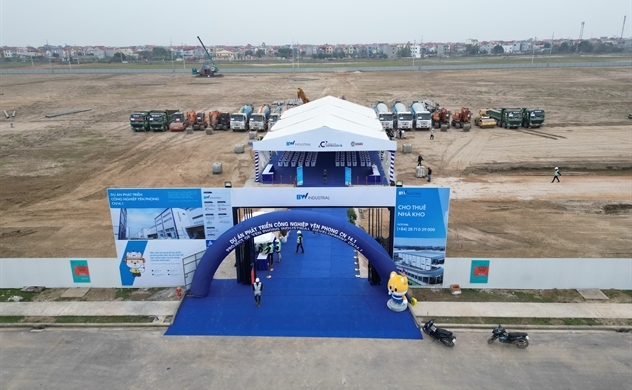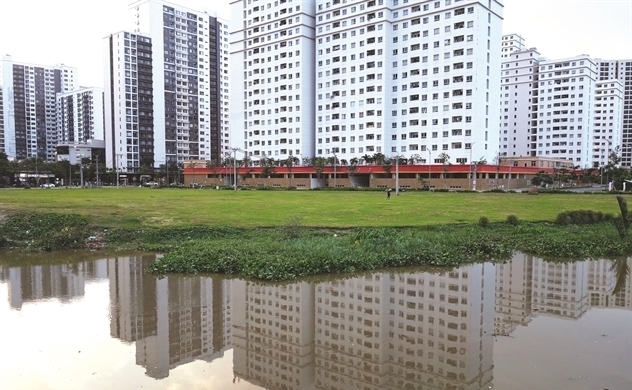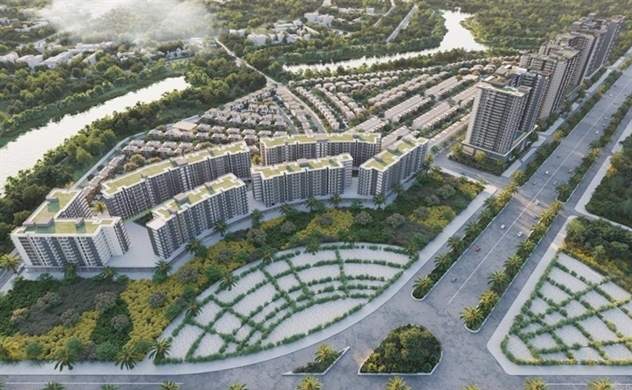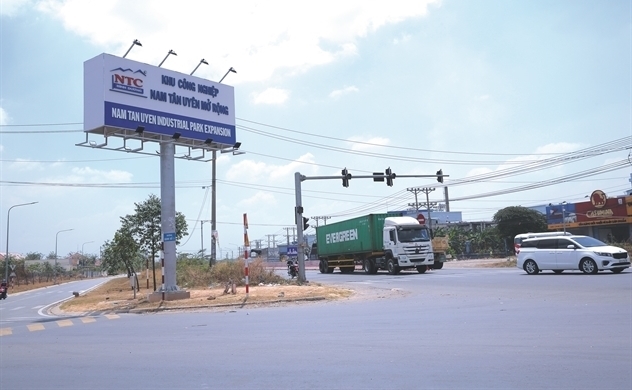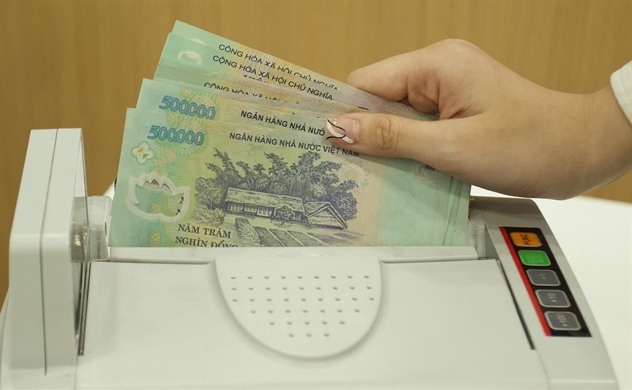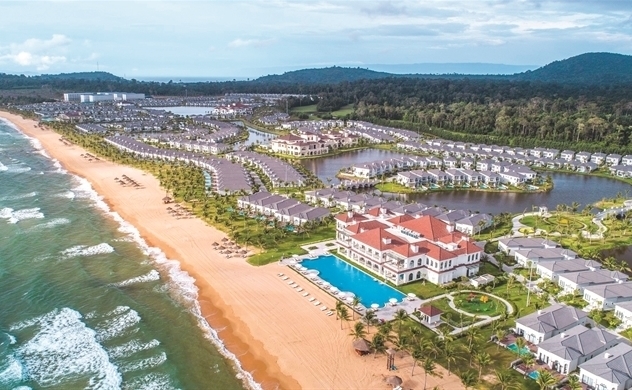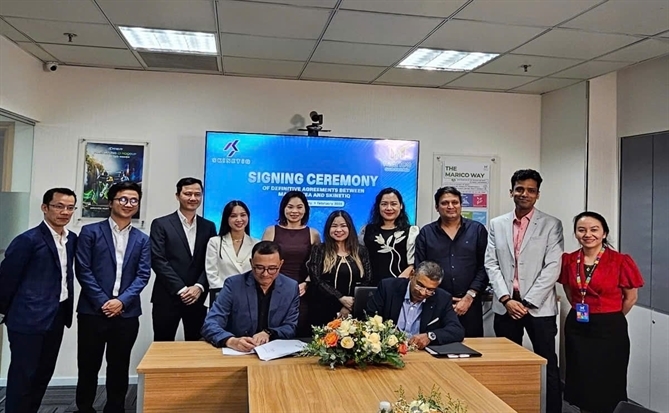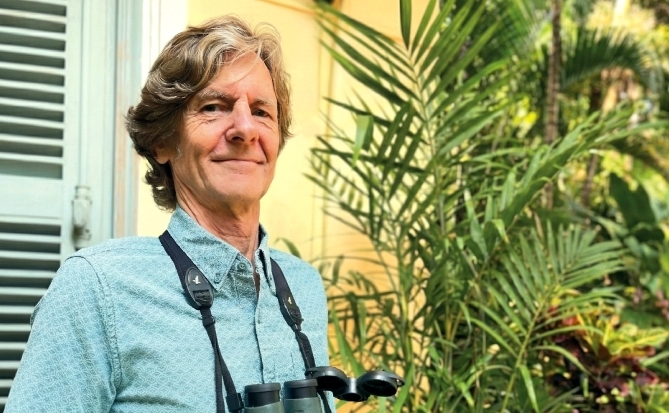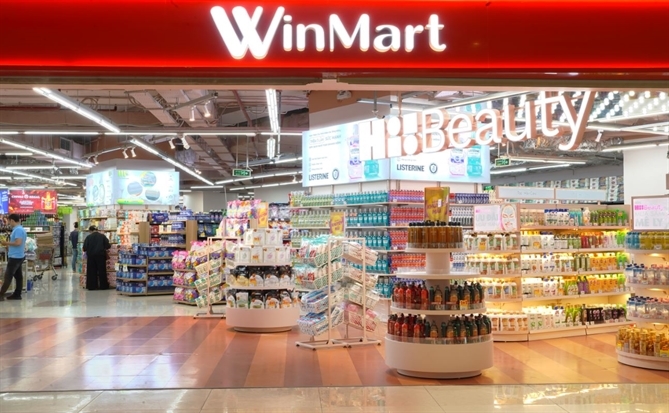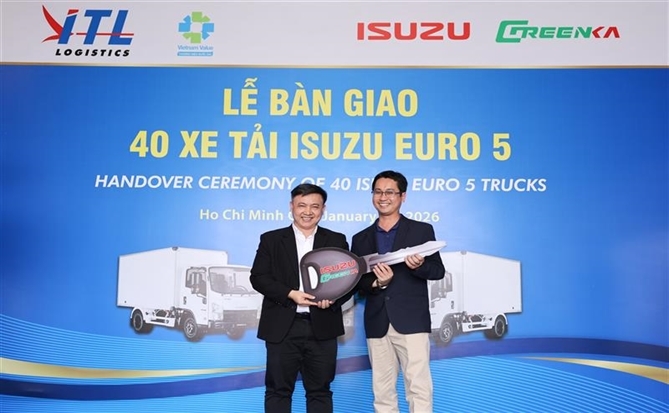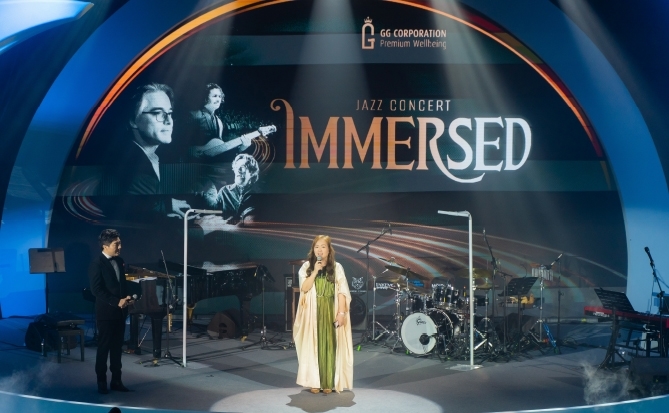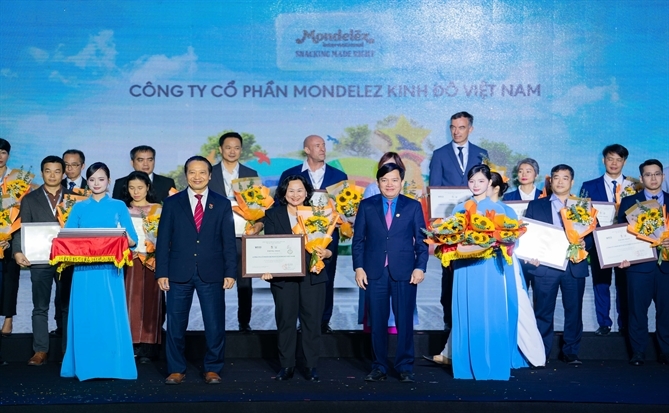The Allure of the Experience Economy in Vietnam
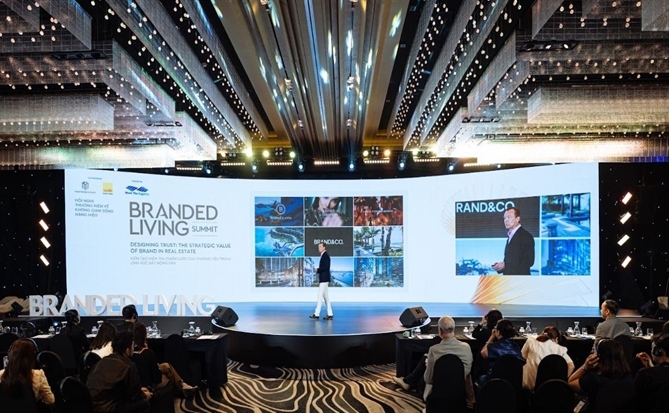
Branded Living Summit 2025.
Ho Chi Minh City, Vietnam — Over the past decade, Vietnam has witnessed income growth rates among the fastest in Asia . With GDP per capita rising from $3,552 to approximately $5,000, the nation has marked its transition into the upper-middle-income bracket .
According to the World Bank, the middle class is projected to account for over 50% of the population by 2035, while the elite class is rapidly expanding in major urban centers . By 2030, Vietnam’s high-income consumer class is forecast to double compared to 2020, reaching 15.7 million households .
This demographic shift signifies more than just economic resilience; it is driving a massive transformation in how the Vietnamese people consume and choose where to live .
The "Experience Economy" Takes Center Stage
The impact of this wealth accumulation is being felt acutely in the real estate sector . Modern buyers no longer view a residence merely as an asset, but as a space to express their lifestyle, personality, and distinct aesthetic taste .
At the Branded Living Summit 2025, Thi Anh Dao, Head of Marketing at Masterise Group, highlighted the "experience economy." . Global luxury spending data shows that "Experience" sectors achieved the highest Compound Annual Growth Rate (CAGR) of 9% from 2010-2019 and continued to lead post-pandemic recovery and growth forecasts for 2023-2024E at 5% .
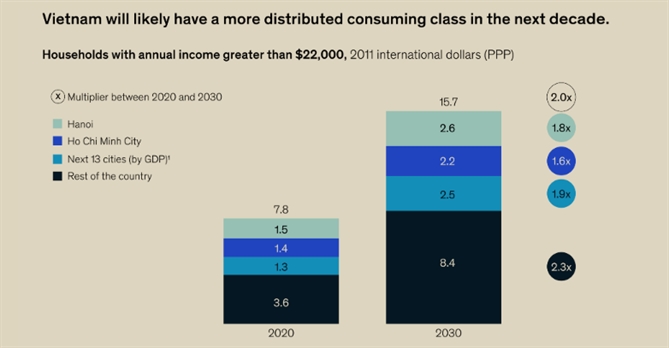 Driving this trend is the next generation of consumers. The global personal luxury market is seeing its most robust potential growth from future consumers (Gen Z), whose market share surged from 8% in 2019 to 20% in 2023, and is expected to maintain 19% in 2024 .
Driving this trend is the next generation of consumers. The global personal luxury market is seeing its most robust potential growth from future consumers (Gen Z), whose market share surged from 8% in 2019 to 20% in 2023, and is expected to maintain 19% in 2024 .
A Shift in Global Real Estate Standards
This evolution in consumption is mirroring a shift in global real estate trends . While previous criteria prioritized convenience or basic factors, expectations have now escalated to include sophisticated design, clear identity, professional operational services, and a complete living experience .
Reports from CBRE and the Knight Frank Wealth Report indicate that health has become the "new luxury":
-Wellness: 60-70% of affluent clients prioritize factors such as health, natural light, and a holistic lifestyle .
-Privacy: For High-Net-Worth Individuals (HNWIs) globally, security and exclusivity are non-negotiable, with over 60% rating them as essential .
-Hybrid Living: There is a readiness for a hybrid lifestyle, with nearly 55% of clients expecting specialized, fully equipped home-office spaces .
Vietnam’s Competitive Edge
Mauro Gasparotti, Director of Savills Hotels for Southeast Asia, notes that the luxury real estate market in Vietnam is entering a transformative phase, as buyers increasingly prioritize personal experiences and higher living standards .
This demand is further fueled by a wave of wealth transfer to the younger generation, driving the need for diverse, distinct, and iconic products . Globally, luxury real estate continues to be viewed as a crucial investment channel for preserving and growing asset value across generations .
In the regional context, both Vietnam and Thailand currently occupy a "middle position" in terms of attractiveness among global real estate hotspots . However, Gasparotti points out a key distinction.
"Unlike Thailand, Vietnam possesses significant advantages in its long coastline, rapid urbanization, and luxury housing prices that remain low compared to the region," Gasparotti stated. "This is the moment for Vietnam to leverage this room for growth to break through."

 TIẾNG VIỆT
TIẾNG VIỆT 